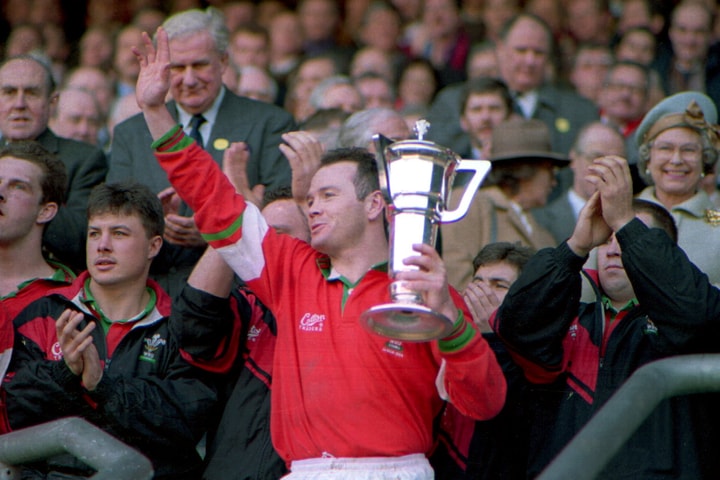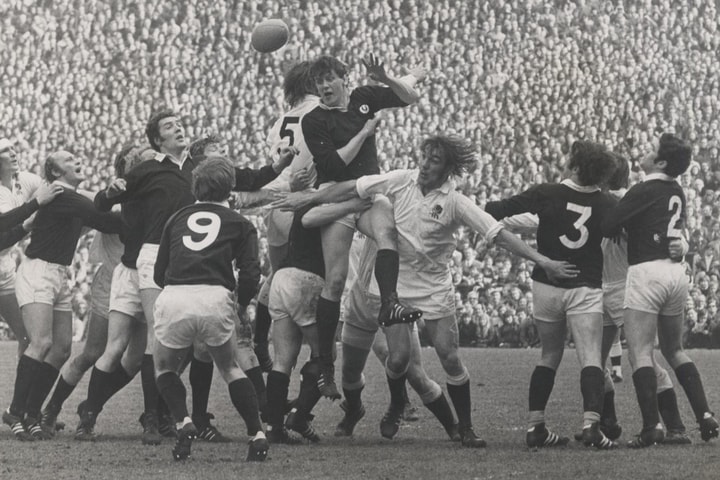On July 15, the Buenos Aires Herald ran a piece signed by Eric
Weil in which he criticised the threats for isolating Argentine
rugby and harming the country's reputation. Weil's fears of the
letters' unforeseeable consequences were no mere speculation. A day
after the news reached the press, a British newspaper suggested to
move the 1978 Football World Cup, which was to be hosted by
Argentina, to another country-the 1976 military coup and the brutal
repression that ensued apparently dispelled those fears…
As he was leaving the newspaper's offices in the early hours of
July 19, Weil was intercepted by a person who identified himself as
a spokesman of the Revolutionary Armed Forces (Fuerzas Armadas
Revolucionarias, FAR), a Marxist-Leninist guerrilla group operating
in the countryside. He handed the journalist a piece of paper
stating that the purpose of the threats was to keep the English out
of Argentina, the reason being that rugby was "a sport of oligarchs
played mostly by foreigners" and that Argentines "do not need to
play with oligarchic countries". In an article published the next
day, Weil dismissed these statements as disconnected from reality:
"it is obvious", he said, that the authors of the letters "have
never played rugby, otherwise they would know that here it is not
played by oligarchs and that the percentage of foreigners who play
it today is small". On the contrary, it was "the great influx of
native Argentines that in recent years placed the country among the
most powerful in the world of rugby".
Argentine rugby officials were shocked by the IRB telegram.
Announced just 45 days before the first match, which was to be
played on August 29, the cancellation left the UAR without an
international season and, consequently, unable to recover the
substantial sums invested in the organisation of the tour-estimated
at £20,000. Faced with a measure "taken unilaterally and hastily
based on inadequate knowledge of the real situation" of the country
UAR president and head of the subcommittee of tours, Hugo Cáceres
and Carlos Tozzi, met with members of the British Embassy in Buenos
Aires. At a press conference called after the meeting the
Argentines stated that the British diplomats had agreed that the
state of the country was "optimal for their representative team to
come to Argentina".
Reassured, Caceres and Tozzi immediately travelled to London to
convince the English to call off the cancellation. However, the IRB
upheld its decision, offering instead to compensate the UAR for the
economic damages caused by the cancellation as well as an
invitation for the Argentine national team (The Pumas) to play a
match against the England XV at Twickenham Stadium. The conflict,
unusual given the historically good relationship between the two
unions, escalated after the clubs affiliated with the UAR
unanimously rejected the IRB's offer and banned all tours of
Argentine clubs to England. To make matters worse, the English
threw salt in the wound by accepting an invitation to play four
matches in New Zealand, in the same period that they should have
travelled to Argentina.








